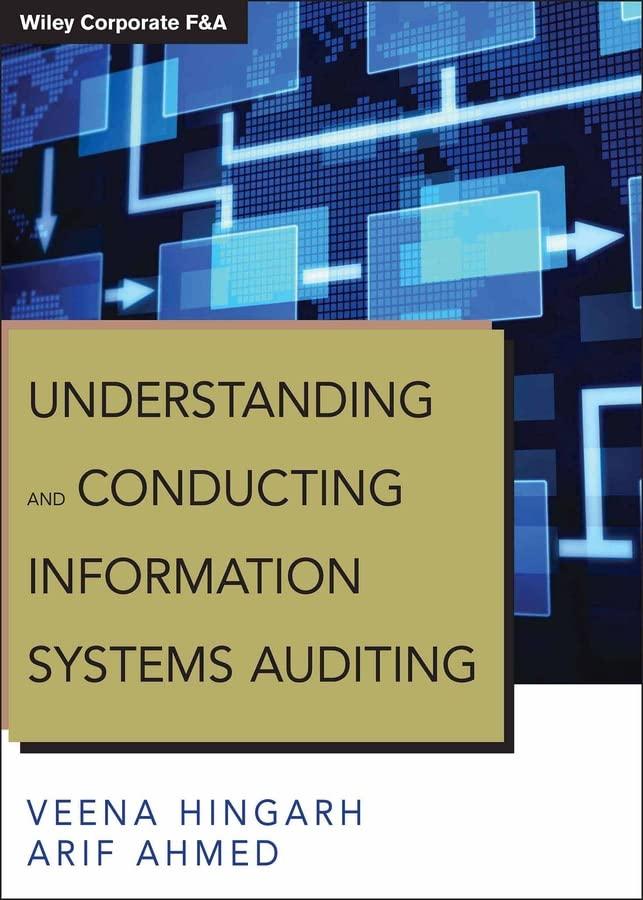Answered step by step
Verified Expert Solution
Question
1 Approved Answer
Q 1 . What is a Master Budget? Briefly Describe its Contents. Answer: Master budget can be defined as an elaborate organization - wide financial
Q What is a Master Budget? Briefly Describe its Contents.
Answer: Master budget can be defined as an elaborate organizationwide financial plan that covers all aspects of businesss activity in a specified time period, the most common one being the fiscal year. An example is the financial statement that lists the operating budget and the financial budget in a single document hence providing a holistic picture on the organizations financial activity and its financial forecasts.
Contents of a Master Budget:
Operating Budget:
Sales Budget: Enables one to be inclined to approximate the expected sale revenue for the budget period.
Components: Sales volume that was forecasted, unit selling price, total sales revenue.
Example: For instance, if a company forecasts selling pieces at $ each, then its sales budget would be $
Production Budget: Decides on the number of units to produce to address the sale plans and the stock levels.
Components: Planned sales, opening stock, target closing stock.
Example: With this formulation, it can be gathered that if the company intends to sell units, holds an amount of for the start of the year, and would like to have at the end of the year, then the number of units required for the fiscal year is
Direct Materials Budget: Forecasts the raw materials that will be used in production.
Components: Desired monthly output, input per gross, starting and ending stock of inputs.
Example: If each unit of the product uses up pounds of material and the company is to produce units, then it will use up pounds of material.
Direct Labor Budget: Compounds a Bill of Labor for the production to give the acceptable number of labor hours and the costs involved.
Components: Units to be produced, required hours per unit, and rate of labor.
Example: If each unit demands labor hours and units are required to be produced at $ per hour, the direct labor budget will be $
Manufacturing Overhead Budget: Calculates all manufacturing costs apart from direct material and direct labour.
Components: The variable and fixed overhead expenditure of the business.
Example: Variable overhead is $ per unit of production while the fixed overhead is $; thus the manufacturing overhead cost for units is $
Selling and Administrative Expenses Budget: Aims at exposing the costs associated with the selling of the product and the overall management of the business.
Components: Semivariable expenses which includes selling expenses and fixed expenses in the form of administrative costs.
Example: If the variable selling expenses are $ per unit and the fixed administrative expenses are $ then the total of the selling and the administrative expenses of units are as follows; times $ $ selling expenses and $ administrative expenses which equals to $
Financial Budget:
Capital Expenditure Budget: Large scale propositions of capital intensive investments on plant and equipment.
Components: Expected$ for acquisitions, enhancements or new products, and for out right investments in tangible assets.
Example: In capital expenditure budget, an item that a company plans to spend most of its money on is taken into consideration, for example if a company intends to buy new machinery worth $
Cash Budget: Being a cost center, it helps estimate cash receipts and expenditures to avoid cash flows problems for the business.
Components: Projecting cash receivables, cash disbursements, and required funds.
Example: Returning to the company, if expected sales revenue is $ and expense is $ then the cash budget will indicate a net cash inflow of $
Budgeted Balance Sheet: Tells the position of the financial of the company at the end of the period.
Components: It is the balances that an analyst estimates based on available information and corporate data.
Example: Budgeted balance sheet will show the budgeted total assets as one million, budgeted total liabilities as four hundred thousand and budgeted total shareholders equity as six hundred thousand provided the company had envisaged such figures.
Budgeted Income Statement: The PL is takes place of the companys financial foregrounding and present the expected revenues and expenditures to be incurred by the company in the future.
Components: Sales, cost of sales, operating expenditure, profit before tax.
Example: For example, if the companys budgeted sales is $ COGS $ and operating expenses $ then the budgeted income statement reveals the net income of $
Step by Step Solution
There are 3 Steps involved in it
Step: 1

Get Instant Access to Expert-Tailored Solutions
See step-by-step solutions with expert insights and AI powered tools for academic success
Step: 2

Step: 3

Ace Your Homework with AI
Get the answers you need in no time with our AI-driven, step-by-step assistance
Get Started


